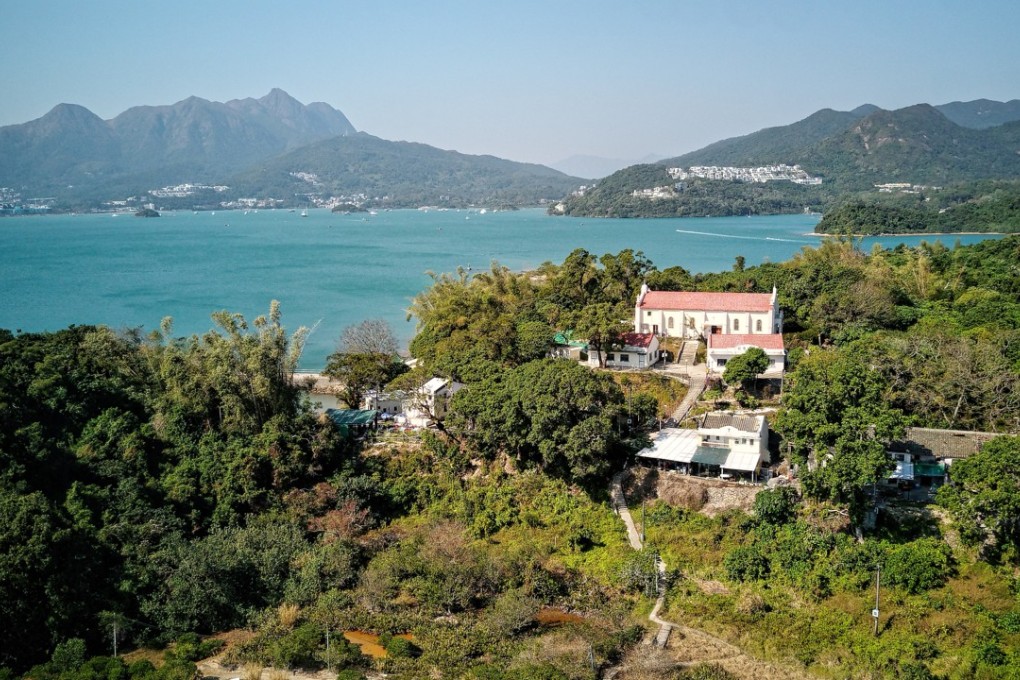Video | Hong Kong’s only working salt pans and a Robinson Crusoe moment just a boat ride away from Sai Kung
Go in winter and the beach at Half Moon Bay on Sharp Island is so deserted you can leave your footprints in the sand; for an experience of Hong Kong history, harvest some sea salt from the pans on tiny Yim Tin Tsai, and admire its chapel

The booths lining Sai Kung public piers offer an array of boat tours to nearby islands and scenic coastlines.
Excursions to view the Hong Kong Geopark’s volcanic rock formations are tempting, but there are options for rewarding shorter rides within the natural harbour of Port Shelter.
Two of the best places to head, which you can readily combine in a day, are Yim Tin Tsai, an islet where a village has been restored, and Sharp Island – named for its angular shape.
At just over 500 metres (550 yards) across, and with the highest point a mere 37 metres (120 feet) above sea level, Yim Tin Tsai is a small, easily overlooked speck of land off the northwest coast of the far larger Kau Sai Chau.
As the village ferry from Sai Kung arrives at the pier, what comes into view is a traditional two-storey house by the jetty, another renovated two-storey house, with small square windows in its whitewashed main wall, along a path to the village, and a white-walled chapel set above a wooded slope. A few small restaurants, with outdoor seating, offer local fare including baked chicken, as well as teriyaki and more at Cafe de Yim Tin by the pier.

The village is small, and was never home to more than around 200 people, according to the Chinese University of Hong Kong Centre for Catholic Studies.